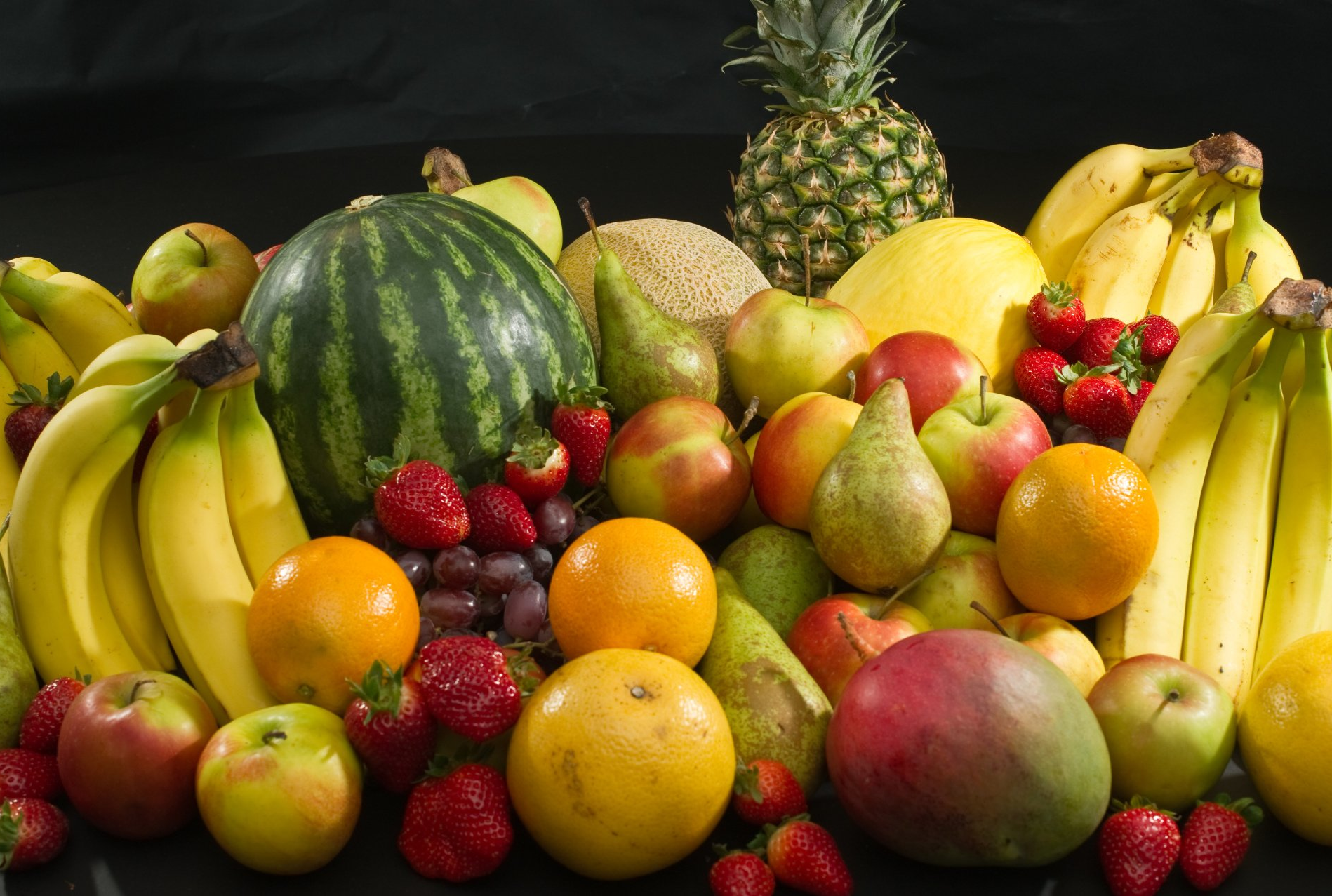Shared Culture of Oneness- Here, There and Elsewhere: What of Cultural Learning – Collaborative Type?
- By kwende ukaidi
- •
- 13 Nov, 2024
- •
Celebrating the Magnificent Harvest of All-Year-Round Ascension

In a discussion of cultural learning one can find that it consists of a number of types according to contemporary mainstream thought. One source puts it this way:
“Cultural learning manifests itself in three forms during human ontogeny: imitative learning, instructed learning, and collaborative learning”.
The third element of collaborative learning highlighted in the sourced detail is the focus of this account. As such, it is useful to acquire some descriptive background on the subject. Accordingly, another mainstream source the following succinct detail on collaborative learning applies:
“Groups of two or more learners work together to solve problems, complete tasks, or learn new concepts. This approach actively engages learners to process and synthesise information and concepts, rather than using rote memorisation of facts and figures”.
Taking this sourced detail, it naturally follows that Afrikan cultural learning in the form of collaborative learning facilitates Afrikan learners working together to solve problems, complete tasks or learn new concepts in service of cultural engagement with its empowerment for fullest Afrikan flourishing and security. Indeed, such learning is deeply interconnected with authentic Afrikan culture itself (whether creatively restored or otherwise) as working together to solve problems (amongst the range of other qualities) is explicit within Afrikan values. Of course, it ought not be forgotten that learning for this primary people of creation is naturally an activity expressed from their core cultural base.
Despite the challenges in times of interruption and disruption where Afrikan souls may be destructively set upon by others that mean the Afrikan ill, it is Afrikan souls themselves that can – and surely must – restore their cultured living and cultured learning with the collaborative potential that can be fully realised.
Self-determined study groups, study sessions and the like can utilise (where possible) collaborative learning. Of course, dynamics of circumstance, logistics, etc. may dictate the extent of any collaborative approach in a formal sense. However, even where formal delivery may occur at the microcosmic one-to-one level, Afrikan cultural learners by virtue of cultural engagement meet their natural macrocosm of shared cultured oneness at the core level of being.
Thankfully, with authentic Afrikan culture of shared oneness made available with exceptional examples such as that of the Nguzo Saba and the observance of Kwanzaa from which it comes, Afrikan souls here, there and elsewhere can readily engage in foundational cultural practice. At the same time, their cultural engagement provides the basis from which collaborative cultural learning can be shaped and facilitated.
Afrikan souls surely have a duty and responsibility to themselves to learn from, using and about their culture. Whether via the form of collaborative learning or otherwise, the learning and development of this soul people in whatever locale ought not ever cease to be. From formal establishments of learning and development to less formal discussion groups and so on, this people can inform and empower their continual ascension of rightful order in the best ways possible. After all, civilisation is not of happenstance.
Kwanzaa is one of the essential cultural observances of life within the Universal Royal Afrikan Nation. The Universal Royal Afrikan Nation (URAN) is an Afrikan-centred spiritual and cultural mission for ascendancy that embodies living spiritually and culturally rooted life. To find out more about URAN and its spiritual-cultural mission for liberty and nationhood click here. The exquisite URAN pendant can be obtained online by clicking here.
In his capacity as an Afrikan-centred spiritual cultural practitioner this author is available for further learning in this regard and also for the carrying out of ceremonies such as naming and name reclamation. For details please click here.
Afrikan World Studies programmes are an important forms of study in understanding the Afrikan experience. There are a range of subjects covered on these programmes including History, Creative Production, Psychology and Religion. To find out more about these learning programmes please click here. For the video promo for these learning programmes click here.
Also, in the approach to the important cultural observance of Kwanzaa, the text: From Pert-En-Min to Kwanzaa - A Kuumba (Creative) Restoration of Sacred First Fruits by this author is available to purchase online here. This publication provides informative detail on the of the Kwanzaa celebration. You can also visit the institution of Yemanja -O to pick up a copy.
At nominal cost, also consider acquisition of an a4 laminate poster of articulations by this author when visiting the Yemanja-O establishment to enrol, consult, learn, gather or otherwise.
